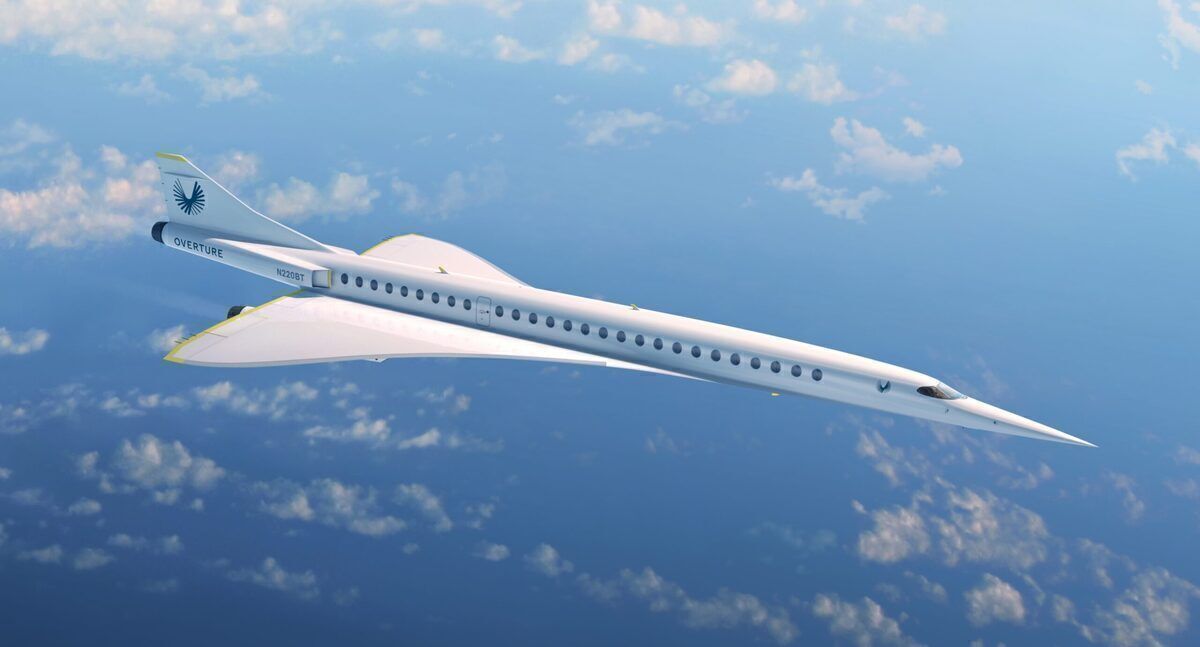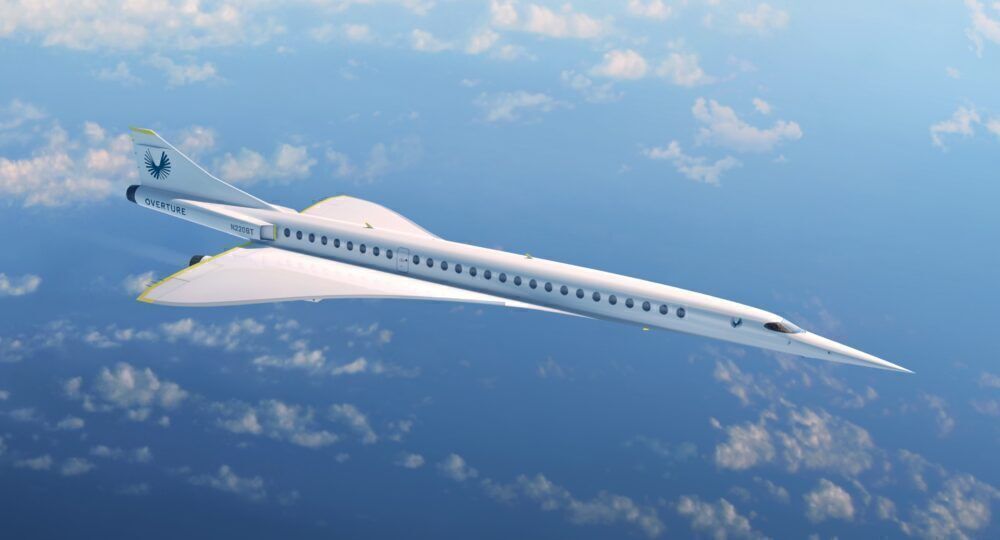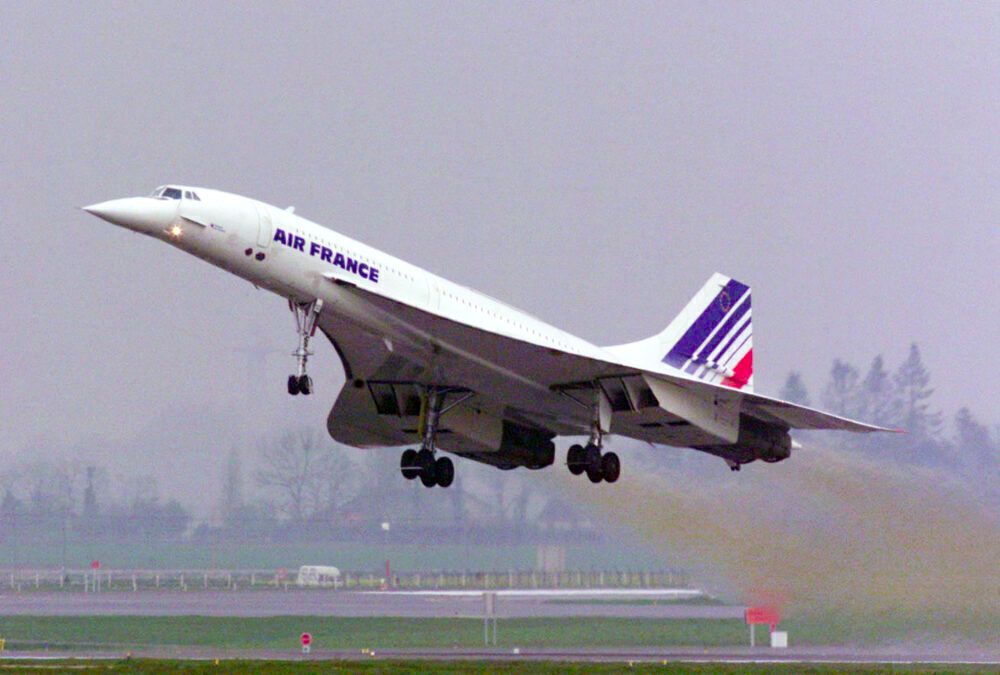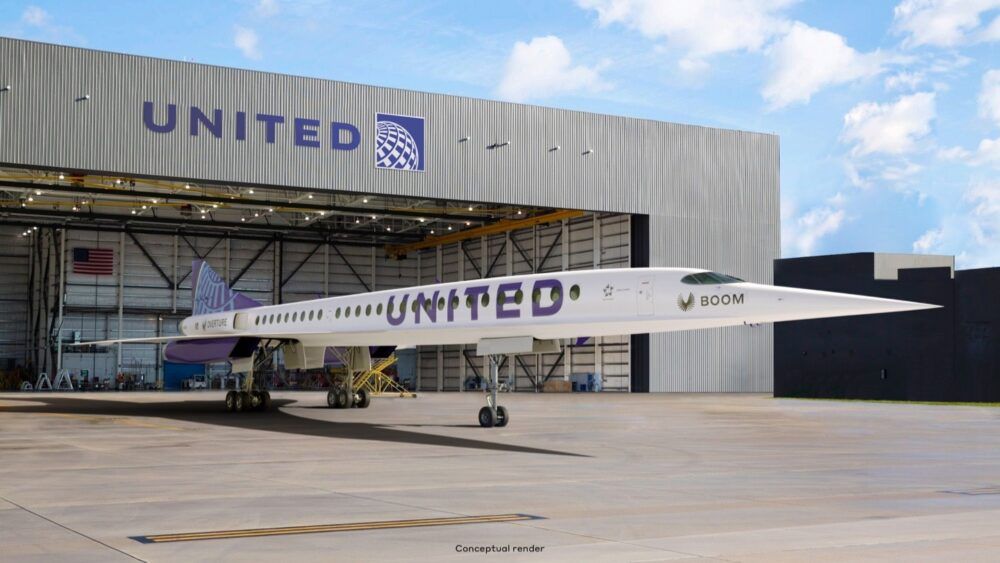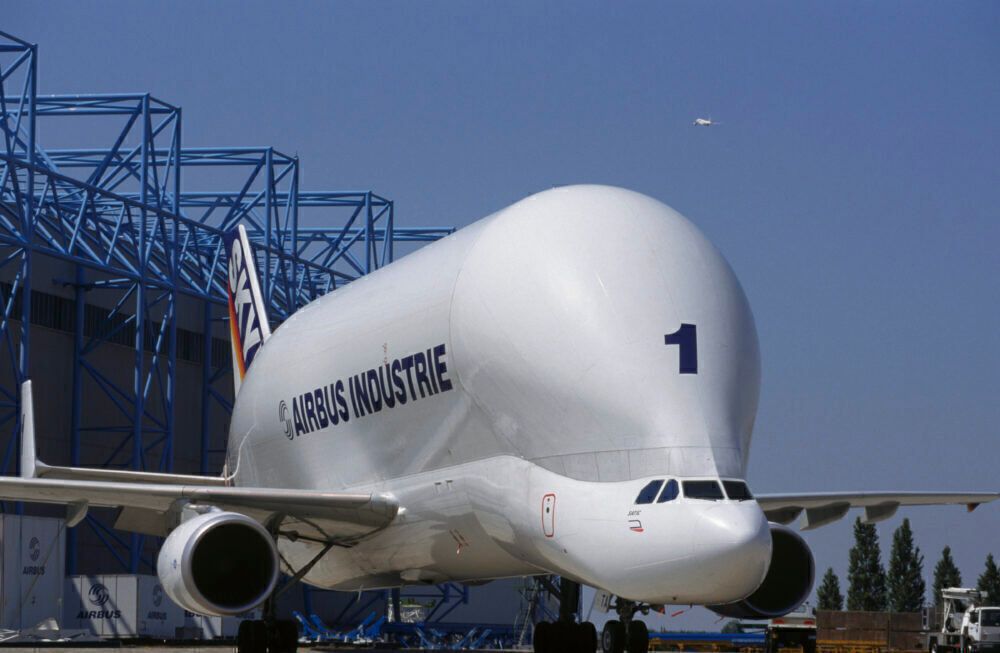The return of commercial supersonic air travel took a significant step towards becoming a reality this year, when United Airlines ordered 15 Boom Overture aircraft. The US legacy carrier also has options for a further 35 examples of this supersonic airliner. But will the cargo sector enjoy a similar speed boost? Let's explore the prospect of supersonic cargo jets.
Too narrow
In recent years, and particularly amid the ongoing coronavirus pandemic, transporting goods at high speed has become a widespread priority. This ranges from mass shipments of life-saving vaccines to simple next-day deliveries of parcels to our houses.
As such, with supersonic flight on the horizon once more, is this an area that cargo could profit from? The unfortunate fact of the matter is that such aircraft don't sport the necessary dimensions to make this a worthwhile endeavor. Width is a key issue.
Specifically, Freight Waves explains that United's incoming Mach 1.7-capable Overtures will have a very narrow body to minimize their sonic booms. This contrasts greatly to current cargo aircraft like Boeing's freight-configured 747s. As such, these aircraft won't carry cargo, and the chances of other supersonic designs doing so are as slim as their fuselages.
Stay informed: Sign up for our daily and weekly aviation news digests.
Could supersonic flights hurt cargo?
It isn't just the dimensions of supersonic aircraft that would make using them for cargo a difficult prospect. Freight Waves observes that the kinds of itineraries flown by supersonic travelers would also limit this prospect. Specifically, it foresees the Boom Overture being used by business travelers on routes like New York-London for short trips.
When only going away for a few days, passengers will pack light, potentially only taking cabin bags with them. This could lead manufacturers to design supersonic planes with minimal cargo space. This is normally a key source of additional revenue for airlines.
Of course, this has become particularly important amid the low passenger numbers seen throughout the coronavirus pandemic. However, if more flights were operated by supersonic aircraft, a proportion of this revenue stream could disappear.
This might pose a risk to the cargo sector, which often makes use of underfloor space on passenger flights to get goods from place to place. This could be particularly threatening if multiple carriers start flying such aircraft, significantly reducing underfloor space on the whole. Former Delta cargo head Jones Shah told Freight Waves:
"If United is successful, then American Airlines and Delta are going to do it. And British Airways and Lufthansa are going to do it because you can’t be the only one without a fancy business-class product like that because you’ll be at a disadvantage with corporate accounts."
Major stakeholders unconvinced
United's 15-aircraft order, with the potential to grow to 50 planes, represents a strong step towards the return of commercial supersonic flight. However, one carrier's vote of confidence doesn't mean that aviation as a whole is convinced by the concept. Airbus and ex-British Airways CEO Willie Walsh have recently outed themselves as unconvinced.
Last month, Walsh said he’d "watch with interest, but I wouldn’t be buying it. I’m not convinced that supersonic transport is the right move going forward." Shortly afterward, Phillippe Munn, Executive Vice President of Programmes and Service at Airbus, also voiced the European planemaker's lack of interest. He stated that:
"When you fight for the next generation [of aircraft], zero emissions, and so on, you make it part of your priority and part of your DNA. Supersonic is not one of those priorities [at Airbus]."
As such, it seems that supersonic travel has a lot to prove in terms of its standing in the industry as a whole, let alone the cargo sector. Despite today's world of next-day deliveries, such aircraft simply don't seem to have the capacity to make carrying airfreight worthwhile.
How do you think a potential advent of supersonic commercial aircraft would affect airfreight? Let us know your thoughts in the comments.

